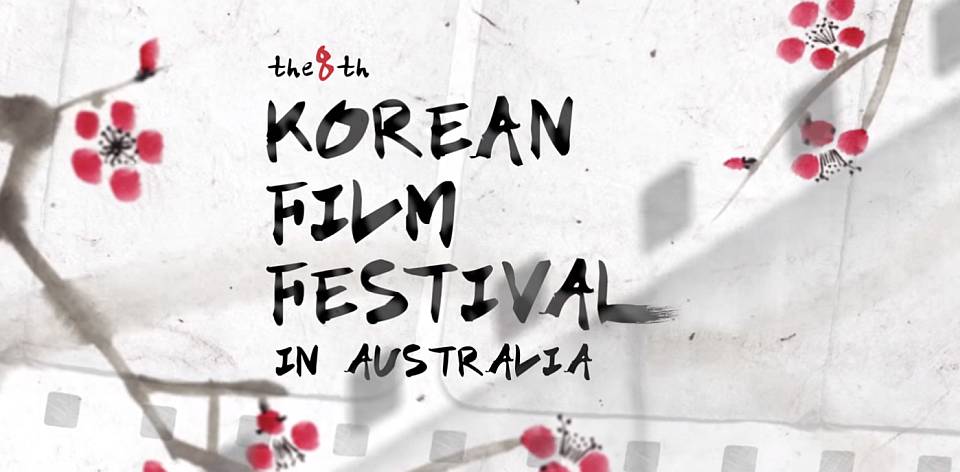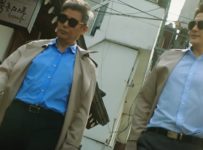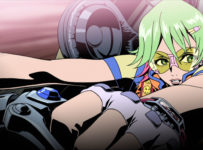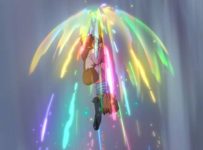The Korean Film Festival in Australia (KOFFIA) is back for its 8th year, and they have now announced their full national program of films. Yes, the festival season continues its relentless march on our spare time, and we are its willing slaves.
This year the 24 contemporary Korean films, spanning everything from romance to post-apocalyptic animation, are joined by a 6-film Kim Jee-woon retrospective. Kicking off nationally from 17 August in Sydney, it concludes the national leg in Hobart on 23 September. Check out koffia.com.au for full details and tickets.
Here we’ve chose 10 films that float our boat, including award-winners, blockbuster dramas, and a few films with a unique Australian flavour. Agree or disagree? Have your own picks? Sound-off in the comments section below.
The Day After
One of three Hong Sang-soo films released theatrically this year, this one competed for the Palme d’Or in the main competition section at the 2017 Cannes Film Festival. The married Bongwan (Hae-hyo Kwon) heads out to work with the memories of the woman who left weighing on him. When his wife finds a love note, she bursts into the office, and mistakes Areum (Min-hee Kim) for the woman who left. An essential Korean film for 2017 from one of the cinematic greats.
Seoul Station
The prequel to Train to Busan has been floating since last year, but for many cities in Australia this will be the first opportunity to see it on the big screen. Sang-ho Yeon is no stranger to animation, having brought us The King of Pigs back in 2011. Here we see the start of the breakout, as several groups of people attempt to flee from the zombifying infestation as it begins to take over the capital of South Korea.
Single Rider
Zoo-young Lee’s film was shot in Australia, so this one has a particular connection for KOFFIA. After fund manager Jae-hoon’s (The Magnificent Seven‘s Byung-hun Lee) company goes belly-up, he travels to Sydney to where his wife Soo-jin (Hyo-jin Kong, Missing Woman) and his son live. However, he begins to observe Soon-jin’s affair with Australian neighbour Chris from a distance. Drama and glorious shots of the harbour city ensue.
Passage to Pusan
Continuing to tell Australian stories in the Korean context, director Louise Evans works with the Korean Cultural Centre Australia for the story of her great-grandmother, who mades her way to a war-torn Pusan 60 years earlier to seek the grave of her son. It’s a document on the lasting impact of the war on the region, and said to be an intimate portrait of a family.
Anarchist from Colony
Director Joon-ik Lee (King and the Clown) takes us back to 1923 and the Japanese Colonial era in a study of Yeol Park, the titular anarchist and activist of the era. Played by Lee Je-hoon (Phantom Detective), it picks up after Yeol is arrested in the aftermath of the Great Kanto Earthquake.
The Tooth and the Nail
It’s about a girl – in trouble! Chronologically following Anarchist from Colony, Hwi Kim and Sik Jung’s film is set after the end of Japanese occupation. Based on the novel by Bill S. Ballinger, the crime thriller follows a magician who meets a mysterious woman who asks for help. Shots are fired, and a mystery follows.
The King
Being marketed as the Korean Wolf of Wall Street, this 1990s set crime drama focuses on Tae-su (TV’s Jo In-sung) as he attempts to rise through the power ranks as a criminal prosecutor. At least until he meets the king of the prosecutors, and realises what the true power behind the throne is.
New Trial
Another legal drama, director Tae-yun Kim’s film was a box office sensation in Korea. It’s a wrong man thriller in which the sole witness to the killing of a taxi driver is mistakenly convicted of his murder, and the lawyer who picks up the case a decade later in the pursuit of justice.
The Quiet Family
Revisit Kim Jee-woon’s first feature almost 20 years after its debut, an absurdly dark comedy skewering the notions of the ‘average’ Korean family. The best part is that it’s free, playing alongside I Saw the Devil, The Good, The Bad, The Weird, A Bittersweet Life, A Tale of Two Sisters, and The Foul King as part of a Kim Jee-woon retrospective at the Korean Cultural Centre. Back in the day, we presented a number of these at the Centre, so we can personally vouch for the awesomeness of the locale and the films.













